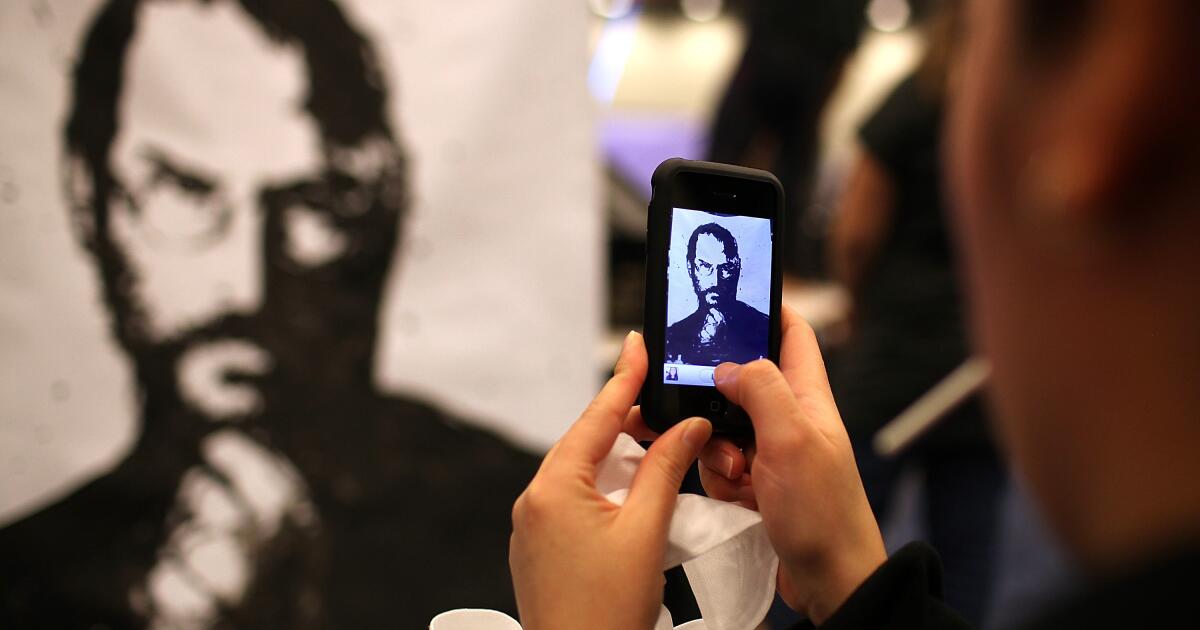Like clockwork, when we return to school, our classrooms will be thrown into controversies over gender pronouns. The first-day inclusive push is for everyone in class to introduce themselves and share their pronouns, so that no one is left out. But many don’t think about pronouns. Even for me, as a nonbinary law professor who uses “they,” it’s never easy. Others must feel even more uncomfortable when asked to share their preferences. Harassed by the pronoun police and gender warriors, what are we to do? My response? Radical empathy.
Over the past few decades, I've practiced being kinder to myself—and others—when it comes to gender.
It’s certainly liberating to see the words “nonbinary” and “they/them” pop up everywhere now, even on buttons and earrings. I grew up without this gender in-between. Back then, the singular “they” didn’t make sense to most people. “Pat” got laughed at weekly on “Saturday Night Live” because no one could determine their gender. Nonbinary people were literally a national joke. As a child, I felt especially compelled to laugh with them.
Fortunately, a lot has changed. Most people try to speak inclusively. But the path to this point is very complicated, and the rest of the way is also dangerous. Some make unintentional mistakes. Others actively resist inclusion. State bans on talking about gender identity in public schools certainly haven't solved anything; they only complicate the everyday challenge of using pronouns correctly.
In any context we find ourselves in, should we police pronouns? My answer is a resounding no. The process of inclusion matters as much as the outcome. To be inclusive, we need to get people involved, not shame them into it.
When I start teaching a class, I don't insist on pronoun identification. When I stand in front of my class in my male body dressed as a woman, students know what's up. But I want to make it clear that my classroom is a safe space where people can identify — or not. Explicitly mentioning preferred pronouns can scare people away from having honest, open conversations about gender. That will happen naturally.
The few people who deliberately misgender deserve criticism. Many more cisgender people simply don’t understand the importance of pronouns. They are still learning. We can hope for inclusive language, and even insist on it, and correct mistakes. But shaming will not advance social change. As any teacher or parent knows, encouragement drives learning more than criticism and fear.
While teaching, I accidentally referred to myself as “he” and used the wrong gender for students. Mistakes happen. I'm trying, and so are others.
Along the way, we desperately need nuanced discussions about why gender goes beyond “m” or “f.” Even “they” can be confusing, and has been a singular personal pronoun for centuries. When my daughter speaks to my mother and refers to an individual as “they,” my mother wonders what group of people she is referring to. “They” requires an adjustment in thinking. Not just in the clumsy grammar of saying “they is.”
Although I wore dresses during law school in the early 90s and criticised the “gender binary”, it was only a few years ago that I came to terms with being non-binary. While liberating, it can be difficult to be proud of being “non-binary” when the term itself is a negation. It feels like just adding a third tick box, when in fact we need gender to reflect the complexity of human reality.
When people meet me, I am often met with confusion and even fear: sometimes I learn later that a person was afraid of offending me when they wanted to ask me why and how I live beyond the gender binary. Fear of offending can encourage people to try to get it right. Sadly, it can also stifle curiosity about gender differences.
When someone calls me “he” but seems sincere, I try not to experience it as a “dysphoric moment.” Many people need to hear “they” several times to internalize the preference. This was certainly true for me, even though it is my preferred pronoun. my own A struggle that leads me to insist on having patience with others. We have all been taught the gender dichotomy; I am empathetic with anyone who wants to unlearn it.
Younger people shouldn't have to go through the struggles that plagued me. When pronouns come up, that should be a time for conversation, exchange, and trust. People shouldn't refer to me as “they” out of fear, but out of understanding and respect. Only by spreading this compassion can we permanently change our understanding of gender. If “Saturday Night Live” can change, so can we all. In the end, when we get tired, as Otis Redding says, we should all try to be a little more tender.
Darren Rosenblum is a Professor of Law at McGill University.












